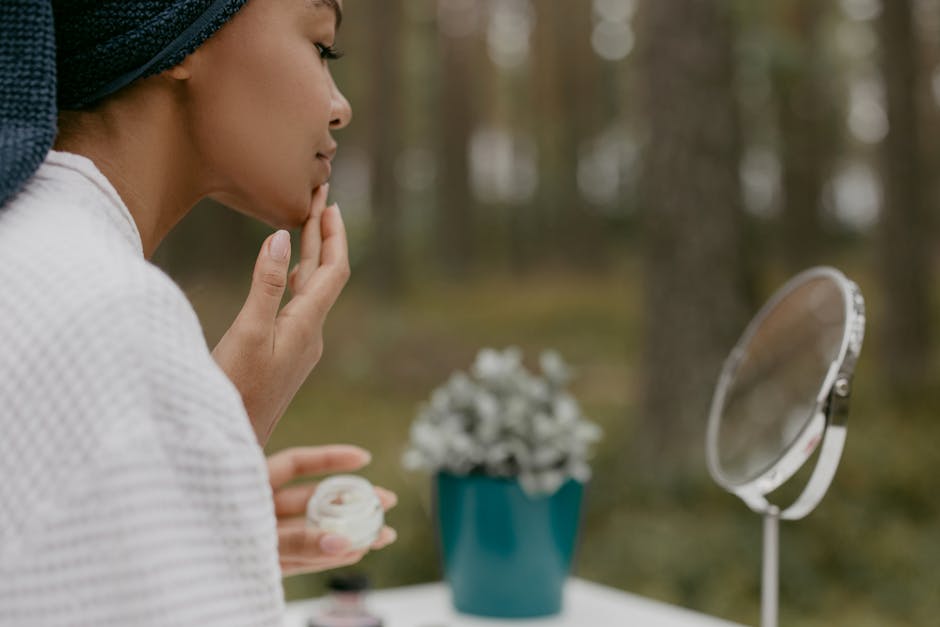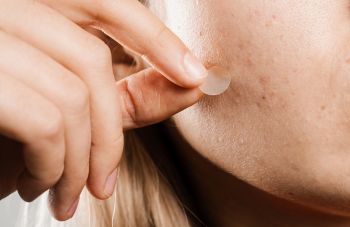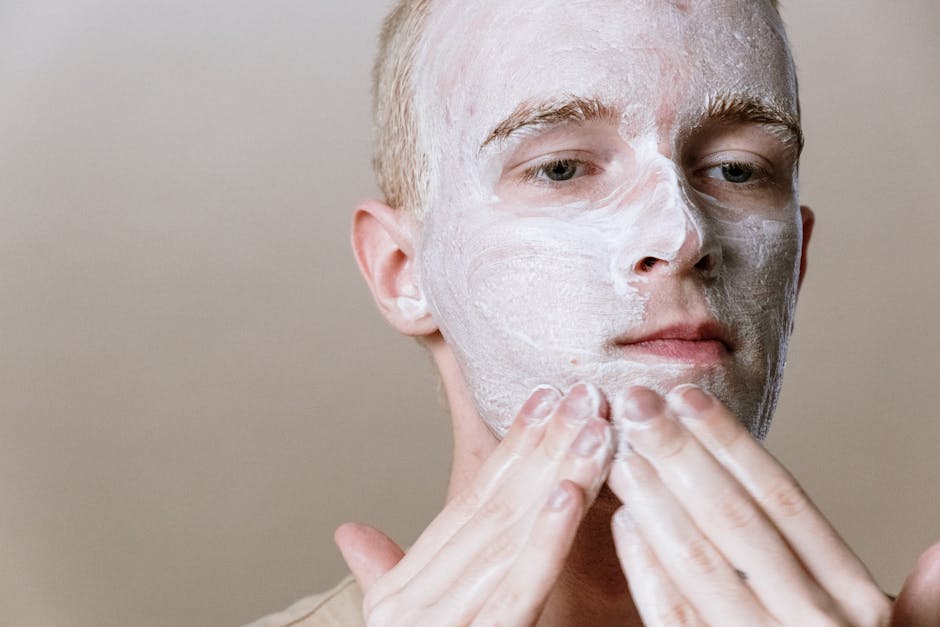Does the Sun Help Acne; Everything you Should Know
The sun is a natural source of light for the entire planet. It serves as the primary energy source for our planet, it gives us life, and we have even been known to use the power of its heat to help us cook food.
Acne is a skin condition characterised by small bumps on the face, chest, back and shoulders. Acne usually appears when a person is going through puberty or in early adulthood. However, it can also develop at other times of your life. Acne is commonly caused by hormonal changes, excessive sweating, contraceptives, and some medications.
Here are several things you need to know about the sun, how it can help with your Acne, and how you can harness its power to maximise your skin health.
Does the Sun Help Acne Go Away?
Acne can be caused by genetics, hormones, skincare, and diet. The sun can cause some types of Acne to flare up, but not all types.
The sun won't cure or prevent Acne, but it can help clear up existing skin problems. The sun's rays' heat helps open pores and clear out clogged oil glands. This process is called hypotrichosis, and its why people with Acne are often advised to get a daily dose of Vitamin D.
Sunlight also stimulates collagen production in the skin, a building block for healthy skin. As you age, your collagen production decreases, making you more prone to wrinkles and sagging skin. If you have oily skin, exposure to sunlight once or twice a week will help keep your pores clean.
Some people think exposing themselves to the sun will help clear up their Acne, but this is not true. It would help if you did not expose yourself to the strong sun when you have Acne because it can worsen it.
Also, if you have Acne on your back or chest area, it's best to avoid going outside during the daytime because this area tends to get more sun exposure than other parts of your body.
Cautions
The sun can cause skin damage and even skin cancer. The ultraviolet rays from the sun are a significant concern for those with Acne.
The sun can cause premature ageing, wrinkles, and premature signs of ageing. It also causes dark spots — age spots — that appear on the skin. Sun exposure increases your risk of developing melanoma, the deadliest form of skin cancer.
The American Academy of Dermatology recommends that if you are going to be outside for more than 15 minutes at a time, you should wear protective clothing and sunglasses that block 100% of the sun's damaging UV rays. If you don't have this type of protection, use sunscreen with an SPF sun protection factor rating of at least 15 or higher every day, including during spring, summer and fall when the sun is most potent.
If you are going to be outside for longer than an hour without sunscreen or protective clothing, use a broad-spectrum sunscreen with an SPF rating of at least 30 or higher.
How Might the Sun Help Acne?
The sun is a significant factor in causing Acne, but it's not the only thing. Here's what you need to know about the sun and Acne:
- Reducing inflammation. Inflammation is the body's natural response to infection or injury. It can help fight off infection but also causes redness, swelling and pain in the skin. Sunlight can reduce inflammation in the skin and help decrease breakouts.
- Helping your skin produce Vitamin D. UV rays from sunlight help your body produce vitamin D, which helps improve your immune system and promotes healthy bones, teeth, and muscles. Vitamin D also plays a role in brain development and may reduce the risk of depression and dementia in adults.
- Reducing sebum production. Sebum is natural oil produced by the sebaceous glands on the scalp that helps keep hair follicles moist but may clog pores if not removed regularly with a washcloth or towel. The sun's UV rays can help reduce sebum production in acne-prone areas of your face by aging acne-causing bacteria away from your skin before they begin to grow again (causing more pimples).
- Preventing skin cancer. People who spend time in direct sunlight without protection are at risk of developing melanomas
How Does The Sun Trigger Breakouts
The sun is a significant player in acne breakouts. The sun causes the skin to produce more oil and decreases your body's ability to fight bacteria and viruses. All of this can lead to a breakout.
Sunlight also triggers inflammation in your skin, which makes it easier for bacteria to set up shop and cause an infection.
It may be tempting to go out on a sunny day when you're prone to breakouts, especially if you have sensitive or fair skin that burns quickly. But the best thing you can do is stay inside where it's safer, especially if you have darker skin tones.
Professional Help for Clear Acne on a Beautiful Skin
Sun exposure is one of the most common causes of Acne and an essential factor in its development. But what can you do to prevent it?
The first thing to remember is that sun exposure can damage your skin if not treated properly. This can lead to dry, flaky skin and even permanent damage. If you're going out in the sun without SPF 30 or higher, apply a layer of sunscreen with an SPF over 20 once every two hours. An even better idea is to use sunscreen with broad-spectrum protection (SPF 30+) throughout the day.
If you're concerned about your skin's health, talk to your dermatologist about treatments that may help clear up pimples and prevent future outbreaks or use Truly Clear Bar.
Conclusion
The sun does contribute to Acne. Science shows that UV-B rays help the skin produce excess sebum, while UV-A rays help the skin produce free radicals. These two types of UV rays can combine to form a perfect storm of clogged pores and excessive oil production, all of which encourage the formation of Acne. If you suffer from persistent Acne, checking with your doctor or dermatologist may be helpful and is recommended by the makers of the Truly Clear bar.





